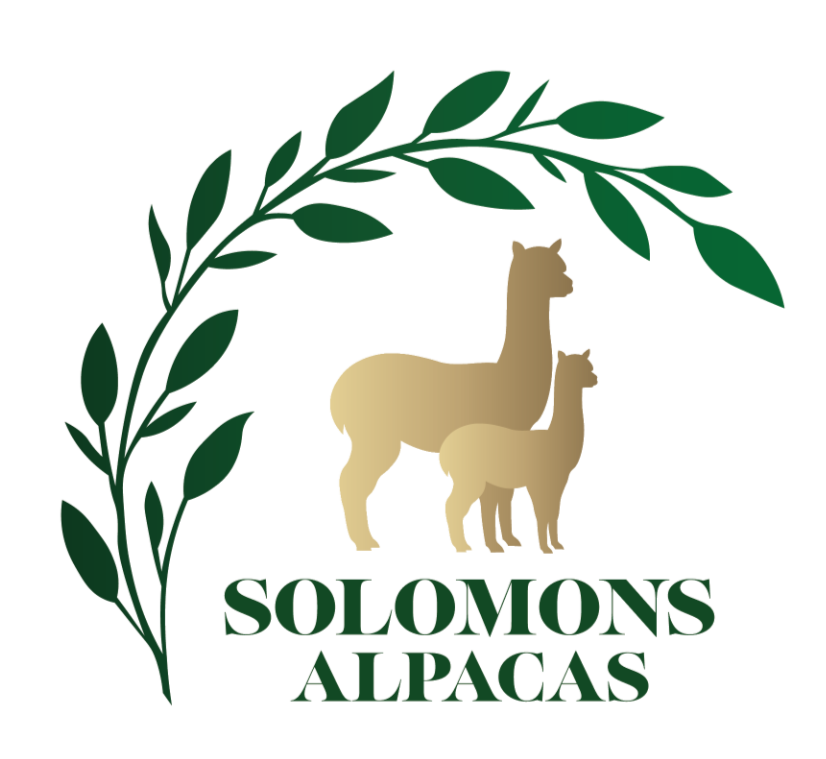Introduction
Alpacas are herbivores with a diet primarily consisting of grasses and hay. Their digestive system is adapted to efficiently process fibrous plant material. Here’s a few of their favourite foods:
Grasses and Hay
The primary component of an alpaca’s diet is grass. They graze on pasture, consuming a variety of grasses. Additionally, alpacas are often supplemented with high-quality hay, especially during seasons when fresh pasture is limited or of lower quality. Good quality grass hay, such as timothy or Bermuda grass hay, is commonly provided.
Pellets and Concentrates
In addition to forage, alpacas may be given supplemental feeds such as pellets or concentrates. These are designed to provide additional nutrients like vitamins and minerals that may be lacking in the forage. However, it’s important not to overfeed concentrates, as alpacas can easily gain weight.
Minerals and Vitamins
Alpacas require access to mineral supplements, as the nutritional content of the forage may not always meet their needs. Minerals such as calcium, phosphorus, and salt are essential for their health. A well-balanced mineral mix formulated for alpacas is commonly provided free-choice.
Fresh Water
Adequate access to fresh, clean water is crucial for alpacas. They should have a stable and clean water source at all times. Ideally this is natural mineral water (as it contains essential minerals!),
Avoidance of Certain Plants
Alpacas, like other camelids, are sensitive to certain plants and should be kept away from toxic plants. Examples of plants that are toxic to alpacas include oleander, azaleas, and certain types of mushrooms. Familiarity with the local flora and careful pasture management are important to ensure their safety.
Summary
It’s important to note that the nutritional requirements of alpacas can vary based on factors such as age, reproductive status, and health. Consulting with a veterinarian or experienced alpaca breeder can help tailor a feeding program to meet the specific needs of the animals in a given environment. Additionally, pasture rotation and proper land management are essential for maintaining healthy pastures and ensuring a consistent and nutritious food source for alpacas.

Recent Comments